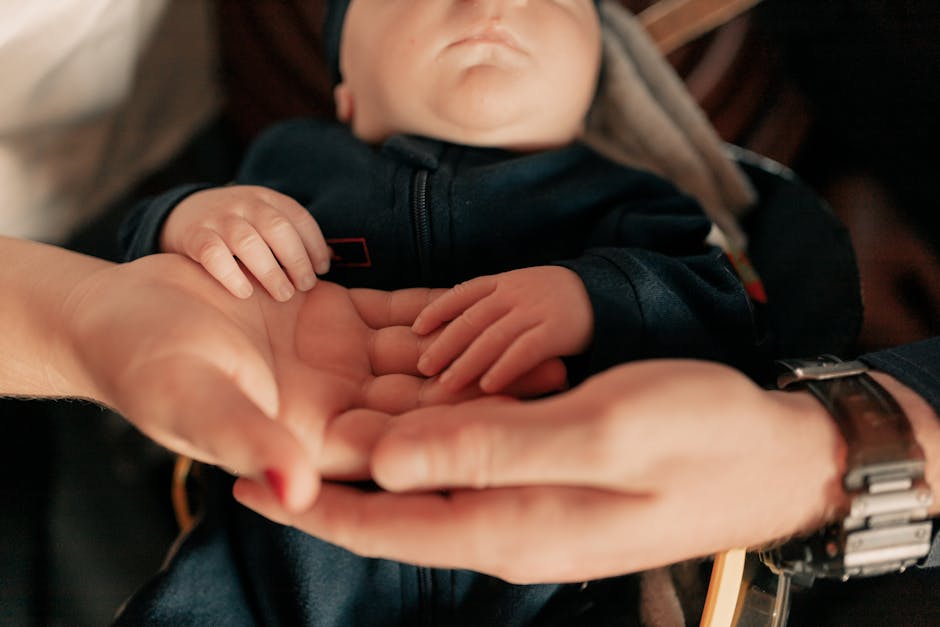Parenting, a fundamental human endeavor, has always been influenced by the surrounding society. Across cultures and eras, prevailing norms, values, and expectations cast a long shadow over parental roles and responsibilities. Examining these historical pressures offers valuable insight into the evolving dynamics of family life and the complexities of raising children.
Ancient Civilizations and the Seeds of Tradition:
Early civilizations laid the groundwork for many parenting paradigms that persisted for centuries. In agrarian societies, for example, children were often viewed as miniature adults, expected to contribute to the family’s economic survival from a young age. In ancient Greece, the upbringing of boys emphasized physical strength and military prowess, while girls were educated in domestic skills. These practices reflected the prevailing societal needs and the division of labor. Similar patterns emerged in other ancient cultures, with children often socialized within a framework dictated by their community’s survival requirements. The expectation for conformity and the prioritization of practical skills shaped the daily routines and upbringing of youngsters. Religious dogma, an integral part of these cultures, also played a significant role, dictating moral codes and guiding child-rearing practices.
Medieval Europe and the Weight of Hierarchy:
The Middle Ages saw a rigid social structure that profoundly affected parenting. The feudal system, with its strict class divisions, shaped perceptions of children’s roles. Children of nobility received a different education and upbringing compared to those of peasants. The emphasis on lineage and status influenced the expectations placed on parents. Parents of the elite were expected to instill manners, etiquette, and a sense of responsibility for maintaining their social position. Conversely, children in lower classes were primarily expected to contribute to family labor, learning by doing rather than formal schooling. Religious influence remained dominant, with the Church providing moral guidance and establishing institutions for orphans and the needy. This period highlighted how societal structures dictated not only the opportunities available but also the expectations and responsibilities placed on parents within each stratum.
The Enlightenment and the Dawn of Individualism:
The Enlightenment marked a shift in thought, introducing a new perspective on human potential and the role of education in child development. Philosophers like Rousseau advocated for a more nurturing and individualistic approach to parenting, arguing for nurturing children’s natural inclinations. This was a departure from the more rigid and prescriptive methods of earlier eras. A focus on reason and individual expression also contributed to the emerging concept of childhood as a distinct stage of development, separate from adulthood. This altered parental expectations, albeit slowly, introducing an element of individualized consideration. However, these shifts weren’t universal and the prevailing societal norms still dictated many aspects of family life.
The Industrial Revolution and the Rise of Mass Culture:
The Industrial Revolution brought significant societal changes, impacting family structures and parenting in profound ways. Urbanization and industrial work led to a separation between home and work, requiring parents to balance these conflicting demands. The rise of mass culture and standardized schooling further shaped expectations regarding education and child development. Parents were now expected to equip their children with skills for an increasingly complex industrial world. With the advent of mass media, there was an influx of external influences shaping values and influencing child-rearing strategies.
The 20th and 21st Centuries: A Complex Tapestry of Pressures:
The 20th and 21st centuries are characterized by a dizzying array of societal pressures on parents. The rise of feminism and changing gender roles influenced expectations, leading to a greater demand for shared responsibilities in household duties and childcare. The emphasis on education has also continued to grow, creating immense pressure to provide children with the best possible academic opportunities. Economic pressures continue to shape decisions surrounding family size and childcare options. Furthermore, advancements in medicine and technology have introduced new challenges, such as navigating the pressures of early childhood development and modern concerns regarding health and safety.
A Growing Awareness of Context:
Looking back, it’s crucial to understand that societal pressures on parents are not static but rather fluid, adapting to evolving historical contexts and cultural environments. Each era has presented unique sets of expectations, demands, and responsibilities for parents, reflecting societal priorities and values. Acknowledging these historical pressures helps provide a broader understanding of the ever-evolving landscape of family life. While contemporary parenting remains complex, acknowledging the multifaceted historical influences is essential to appreciating the nuanced experiences of parents in every generation.
Conclusion:
The journey of parenting throughout history reveals a fascinating interplay between societal expectations and individual choices. From ancient civilizations to the modern world, parents have navigated a complex tapestry of influences, striving to balance tradition with innovation and nurture their children within the confines of prevailing societal norms. Recognizing these echoes of the past enriches our understanding of the present and sheds light on the ongoing challenges and triumphs of raising families in diverse settings. Ultimately, examining the history of societal pressures on parents provides a crucial lens through which to view the enduring human desire to nurture and guide the next generation.
